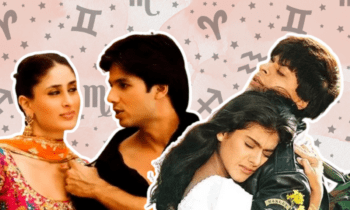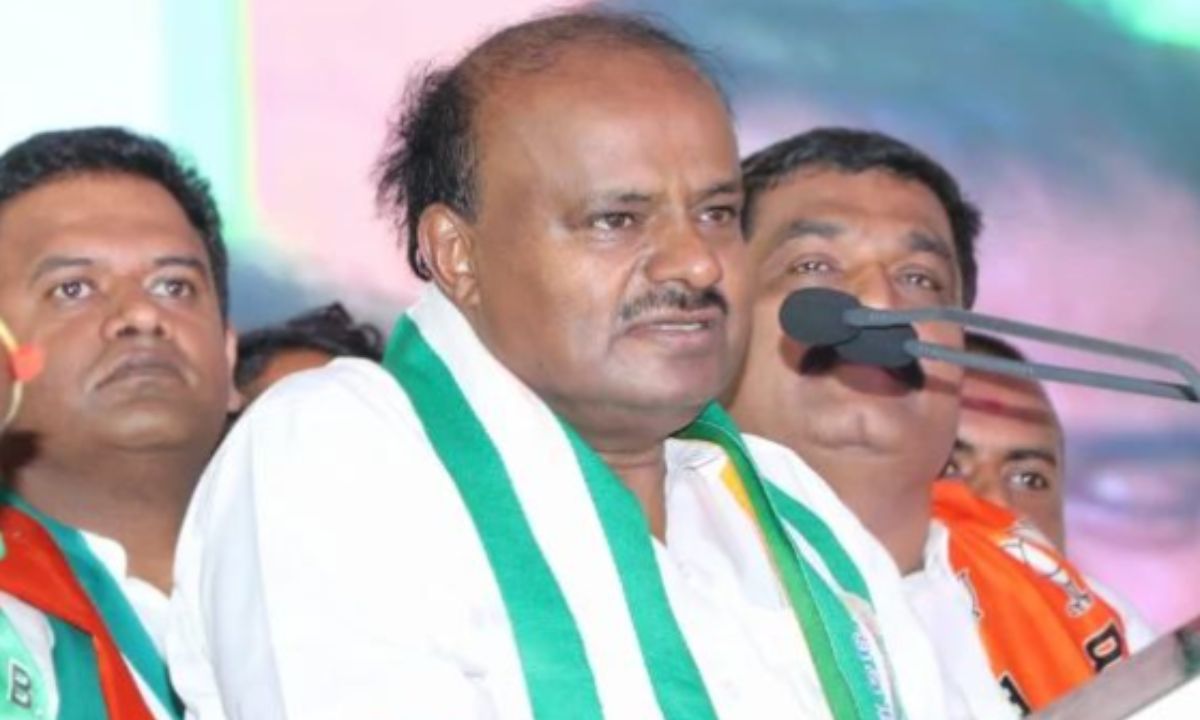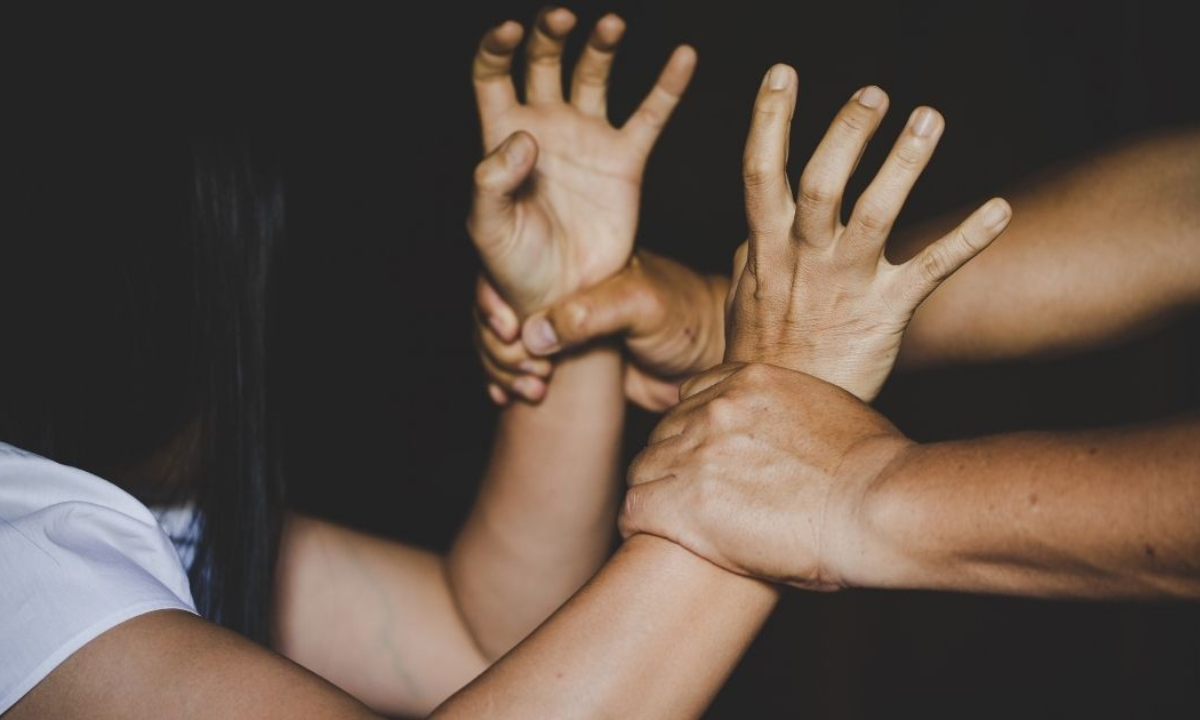Let’s Be Honest, We’re Also Responsible For The Mean Girls Behaviour Of The Clans Of Bollywood. We Love Sensational Entertainment And Gossip

If you were to go on Twitter right now, the top trends are going to be people trashing a certain Bollywood clique for being the resident ‘Mean Girls’ of the industry. They’ve been called a number of collective nouns—royalty, gang, cartel, mafia, insiders and so on—and accused of either making or breaking the careers of ‘outsiders’ or ‘newbies’ in the industry that they rule. The outcry looks almost unanimous, as people troll their privilege, expose how much damage and hurt they’ve caused, and reveal incidents where they or someone they know of felt personally victimised by these mean girls’ behaviour.
“mean girl”gang of the industry.Camps do exist.Made fun of,bn removed from films by Heroes,their girlfriends,Journo chamchas&their career destroying fake media stories.Sometimes careers are destroyed.U struggle to keep afloat.fight backSome survive Some Dont.#oldwoundsrevisited
— Raveena Tandon (@TandonRaveena) June 15, 2020
And yet, amidst all this outrage, there are a few voices that are also looking at a more sinister problem. You see, while these ‘mean girls’ rule over us lesser mortals from their plush thrones, it might be us who are fluffing up their cushions. Let me explain.
Chances of you not being aware of the ‘Mean Girl’ culture are very bleak, unless you, like Lindsey Lohan’s character Cady from the eponymous film, have been homeschooled your entire life. But I’ll do you a big one and give you a refresher. Mean Girls is a cult 2004 film directed by Mark Waters and written by Tina Fey, starring Lindsey Lohan, Rachel McAdams, Amanda Seyfried, Lacey Chabert, Lizzy Caplan, Daniel Franzese, Jonathan Bennett, Amy Poehler, Tim Meadows and Fey herself. While the film is about a clique of mean girls in high school ruling over other, lesser cliques, the film’s socio-political dynamics continue to be teaching moments even today.
Why? Because not just high school, but every single institution, community or industry has cliques, with one particular group of people holding more power than the others. This could be due to a lot of factors—looks, money, skills, nepotism or lofty connections, knowledge, sentiment. And depending on how this clique handles power and how receptive to their rule the rest of the people are, some of them can turn into mean girls. They can abuse the status quo, implement power plays, make or break someone’s career/image, and influence the herd mentality.
You can find mean girls in schools, colleges, workplaces, society committees, and naturally, also the film industries. Bollywood is such a close knit community for an outsider. And perhaps, we can never exactly figure out how it functions. But there’s no denying that a Mean Girls clique replete with royalty, loyal subjects and aspiring new entrants exists in these starry halls too. Maybe, even multiple ones? Like those five mob families in The Godfather, or the five Upper East Side school queens in Gossip Girl? They coexist, reluctantly and in conflict, but for the sake of retaining their power, they do. Outsiders aren’t always welcome unless they are exceptional, which might mean they have the potential to be admitted to the clique or become a threat.
If you’ve watched Mean Girls as many times as I have, it starts handing out life lessons. Take the montage that introduces the Queen Bee Regina George, for example. It has a bunch of the very students that feel victimised by her expressing their awe over the superficial qualities that give her the power of them. Like that fact that she looks flawless, is rich, has clout, and even her bullying is something spectacular to watch.
Isn’t that exactly how we talk about the ruling cliques of Bollywood? We put them up on that pedestal, fawn over their lavish lifestyle, watch the work they produce, and even participate in their bullying of the so-called ‘outsiders’. Maybe not directly, but when we watch this stylised, cloaked bullying which often comes across in interviews, talk shows, award functions, film casting, parties, salacious gossip and blind items in newspapers, we do pander to this behaviour indirectly. The sensationalism, the secrets being exposed, the salacious gossip exist because they’re our guilty pleasures. There is a possibility that we’ve gotten it all wrong. But we secretly hope our guesswork and conspiracy theories are true. Because that makes for a spicier story, doesn’t it?
When power plays don’t affect you personally, watching them unfold from the sidelines can also be addictive and pleasurable. And because we enjoy this problematic revelling in other people’s embarrassment and downfall to make us feel better, we continue to indirectly feed this ‘mean girls’ culture.
In the movie, Regina George has a near-death experience and eventually an epiphany to be a better person. And The Plastics disband. It took something so extreme for them, just as it has now for Bollywood, to understand the folly of their ways. Maybe all the concern and repentance is fake; maybe it is real. But it has to come from within.
And yet, there’s also the fact that the old plastics are replaced by a new, younger generation. This goes on to imply that there will always be power and those who are desperate to seize the chance to wield it. But as long as the people do not entertain their power plays, don’t uphold their dominance over them and don’t relish the bullying as entertainment, the mean girls culture will meet the end.



















